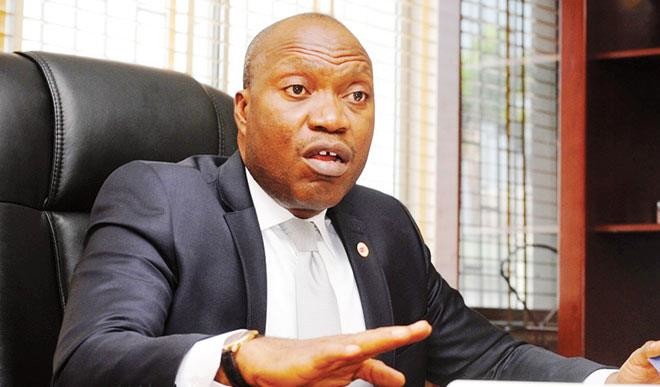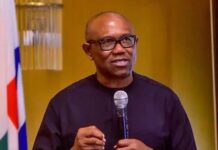The Chief Executive Officer of Cowry Assets Management Limited, Johnson Chukwu has said that the dividend and taxes paid by the Nigerian National Petroleum Company Limited will reduce the financial burden of the federal government.
Chukwu said this in response to the record performance of the state-owned company after it released its financial accounts for 2023.
It has been reported that the company made N3.297tn net profit for 2023 which surged significantly by 28 per cent compared to the N2.54tn recorded in the previous year.
The books showed that the company recorded a historic profit before tax of N5.98tn while it paid taxes of N2.6tn to the Federal Inland Revenue Service.
NNPC also recorded a dividend of N2.6tn payable to the Nigerian government. The company had declared a loss of N803bn in 2018, and it was reduced to N1.7bn loss in 2019.
But the company led by the Group Chief Executive Officer, Mele Kyari returned to profitability in 2020 with N287bn profit and N674.1bn profit in 2021. It went further to post N2.55bn profit in 2022.
Chukwu said in an interview on Arise TV that the dividend and taxes declared by the company will reduce the financial stress of the federal government.
He said, “The federal government has made a supplementary budget of about N6tn. And then NNPC’s N2.1tn final dividend is more than 35 per cent of the supplementary budget.
“That will show you the impact this is going to have when that money comes to the foundation account.
“Bear in mind that whatever dividend they pay goes to through two organs of government. One, Federal Minister of Finance, Incorporated, and Ministry of Petroleum, Incorporated and they own NNPC limited 50-50 per cent.
“So, it all go back to the entire national treasury. And that simply means it will go into the federation account, which will be shared through the three tiers of government. And that will cushion the kind of financial stress that the governments at different levels are going through.”
He said in the past, the concern of Nigerians has always been on the issue of accountability on the part of the former Nigerian National Petroleum Corporation now NNPC.
Chukwu, while responding to the performance, likened the NNPC Ltd to Saudi Aramco, which is the biggest listed oil firm with $1.8tn market capitalisation.
Chukwu said, “I was quite impressed. You know why? Everything we’ve heard in recent past, we are all negatives about the general industry, what is going on and that. And then today we’re looking at how NNPC had turned the corner.
“If you cast your mind back just a few years ago, 2018, that company made a loss of N803bn. In 2018, you can see it virtually broke even by making a loss of only N1.7bn.
“But today we’re talking about N3.3tn profit and that is after tax payment of N2.6tn. And we need to put it in context. The NNPC is going to pay to the federation account to Federal Inland Revenue Service N2.6tn as tax before it arrived at the N3.3tn.”
The economist said the results showed that the NNPC has created value for the nation in the region of N5.3tn.
According to him, the total amount shared by the three tiers of government in the first seven months of this year was only N8.3tn while NNPC paid tax of N2.6tn which is almost 30 per cent of the total amount that had been shared.
The Cowry Assets boss explained that the NNPC could record the performance because the management possibly reduced or eliminated the loss-making arms of the organisation.
“They would have instilled some level of performance-based in different arms of an NNPC. And they have also escalated their level of reporting, and now do you have a detailed financial statement from an NNPC. For years, we did not have a detailed financial statement from an NNPC.
“So, I think NNPC being an incorporated company, like what we have in NNPC Limited, unlike what you have in Nigerian National Petroleum Corporation, when it was a corporation, and then there was no level of accountability.
“What has been brought to bear are the standards that are applicable to private sector enterprises, in terms of performance-based, board of oversight functions, budgeting, and then appraisals that actually measure performance against targets.
“And I think those things have been institutionalized and which is why we are seeing consistency in terms of their profitability and we’re seeing a steady growth in their profitability over these past few years since they turned the corner.
“And I believe those are the factors that were brought to bear that made the company turn the corner.”









